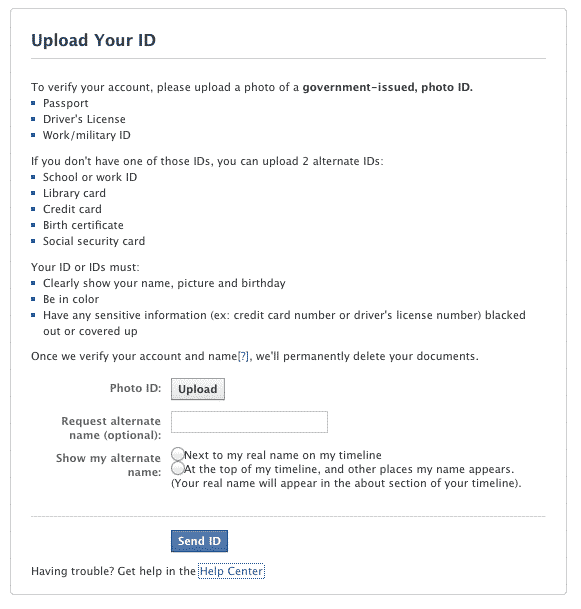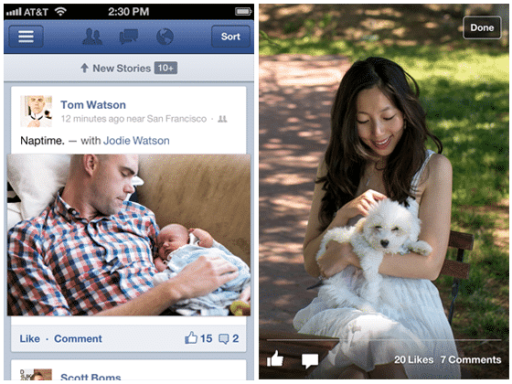Users socialize online to make contacts in real life. At times, this is not the case as sometimes some users do make false identities for themselves. They do this not necessarily to deceive someone, but to avoid being recognized themselves. Facebook, which is the largest social networking site in the world, has been known to identity false identity users and shut down their accounts. It requires real data to able to sign up to the service.
Recently, Facebook has allowed celebrities and public figures to have their own verified accounts. They have an option of using a nickname of their own choice. Those celebrities who would use their real names will have more following and fans than the ones avoiding attention. They can get into Facebook’s “People To Subscribe To” suggestion list. The reason Facebook has taken this measure is to stop imposters from deceiving other users on the social network by pretending to be a celebrity and saying things that often does create controversies and trouble for the real people.
This step is also in the interest of Facebook as it will better compete with Twitter, which was the first service to have introduced the concept of verified users, usually celebrities and other well-known public figures. Those users who have many subscribers will be asked to verify their respective identities. Facebook will automatically decide which ones to be chosen for this verification. But the verification will be done manually by Facebook to determine whether a user is really a person he or she is claiming to be. Facebook will check real stage names, pen names, or otherwise known names.
However, there are mistakes that do happen, as is the case with Twitter verifying some of the accounts which were actually made by fake people. Also, Facebook will not show any verification badge as on Twitter, which again might lead people to subscribe to wrong people. One expects that Facebook would had come out with a better system and plan to tackle with imposters on its site, but this new strategy seems to contain loopholes. Only after it is introduced will one be in a better position to make a judgment whether their system is efficiently working toward its goal or not.
With trial and error, we hope that Facebook manages things properly, because these things might appear as insignificant, but then there are cybercriminals reminding us to be careful with users and dealing with them. After all, Facebook is a social network having most number of users than any other online community, it should set an example that others might follow in a good way.
[ttjad]





http://officekey.blogspot.com/